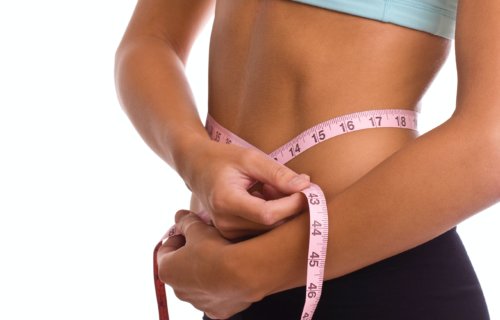CHICAGO – There are plenty of diets focusing on what you should and shouldn’t eat. Fasting diets however, are all about not eating at all. The big question is: how long should you go without food to lose weight? A new clinical trial by researchers in Chicago reveals that longer bouts of fasting are not necessarily better than shorter ones.
Fasting diets, also known as time-restricted feeding diets, have proven effective in previous weight loss studies. During their experiment, the University of Illinois at Chicago instructed participants to follow a four-hour or six-hour fasting schedule. Those in the four-hour group only ate between 1 p.m. and 5 p.m. Those in the six-hour group could only eat between 1 p.m. and 7 p.m.
Participants in both groups were allowed to eat whatever they wanted during their respective feeding windows. During the rest of the day, the dieters consumed only water and other calorie-free beverages. The researchers also monitored a control group, who maintained their normal diet and physical activity levels.
How does fasting benefit your health?
The Chicago team tracked the three groups for 10 weeks. The study measures participants’ weight, insulin resistance, oxidative stress, blood pressure, cholesterol, triglycerides, and inflammatory markers.
Researchers say participants in both fasting groups lost about three percent of their body weight. Though participants were not instructed to reduce their calorie intake, both groups did drop their calories counts by over 550 calories each day. The results show that fasting dieters also have less insulin resistance and lower levels of oxidative stress. Fasting seems to have no effect on blood pressure, cholesterol levels, and triglycerides.
“The findings of this study are promising and reinforce what we’ve seen in other studies — fasting diets are a viable option for people who want to lose weight, especially for people who do not want to count calories or find other diets to be fatiguing,” lead author Krista Varady says in a university statement.
So does it matter how long you fast?
Interestingly, the researchers report there are no differences between the two fasting groups in terms of weight loss or any other health markers. Without major differences, the UIC study suggests giving yourself a larger window to eat in may be a more convenient option.
“It’s also telling that there was no added weight loss benefit for people who sustained a longer fast — until we have further studies that directly compare the two diets or seek to study the optimal time for fasting, these results suggest that the 6-hour fast might make sense for most people who want to pursue a daily fasting diet.”
Fortunately, researchers also find no serious health problems or complaints among the study participants. Although mild adverse events such as dizziness and headaches were reported by some, these were limited primarily to the beginning of the study.
The study is published in the journal Cell Metabolism.
